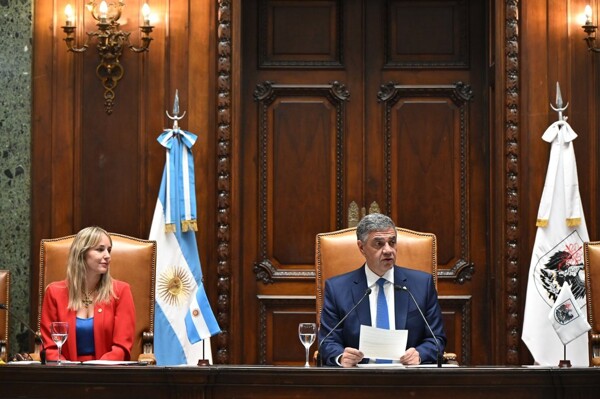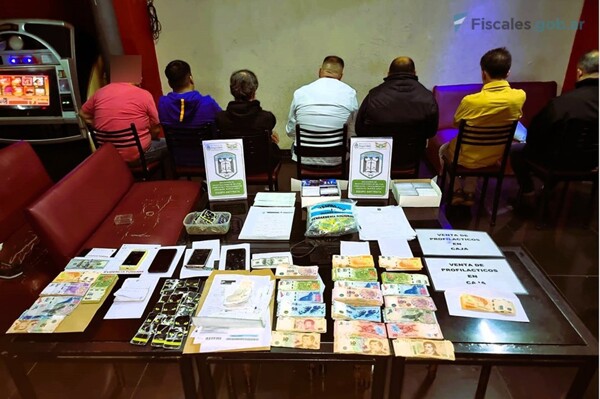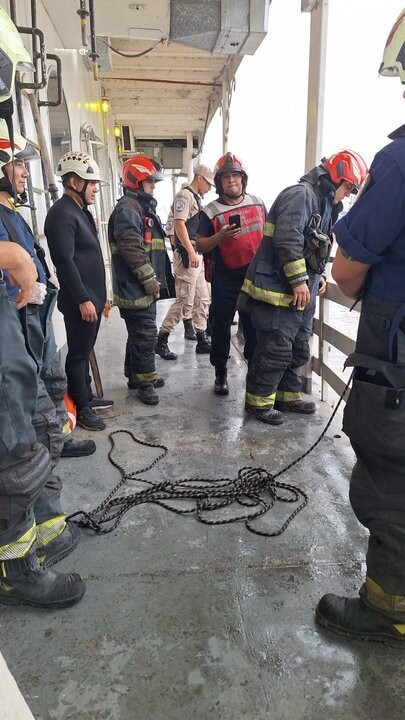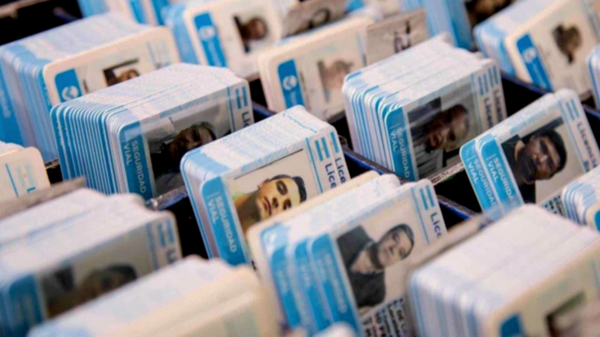
Juan Manuel Abal Medina will no longer be able to compete in the primaries against the candidates of the Peronist government in the City of Buenos Aires. Although he has the support of the Evita Movement and a sector of the CGT, he is outside the local PJ framework led by La Cámpora and Olmos. He now needs to decide whether it is beneficial for him to run for another party or accept a secondary role on the lists.
On the other hand, Augusto Costa, Minister of Production of Buenos Aires, leads the new group "Kilómetro Cero" in the City and arrives backed by Axel Kicillof. However, like Abal Medina, he is limited by the lack of PASO, which reduces his chances of appearing on the lists of Unión por la Patria.
Regarding other political forces, Martín Lousteau (UCR) and Paula Oliveto Lago (Coalición Cívica) are already positioning themselves as candidates for port legislative members. Horacio Rodríguez Larreta has also announced his intention to run, though he has not yet specified whether it will be for national Congress or the Legislature.
The Buenos Aires Peronism begins to define its strategies for the upcoming elections next year. Leandro Santoro will lead the list of legislators on May 18, while Mariano Recalde will head the ballot to renew his national senator seat in the October elections.
Regarding the list of candidates for national deputies, Ofelia Fernández, leader of the Frente Patria Grande, is emerging as the favorite to lead it, with the approval of La Cámpora and NEP. At just 25 years old, she meets the constitutional requirement to hold that position.
In this contest, Gisela Marziotta, national deputy from the "UMET" space of the PJ, and Carlos Heller, president of Banco Credicoop and a key economic figure of Unión por la Patria in the lower house, are also mentioned.
The lack of PASO has affected Juan Manuel Abal Medina, who finds himself sidelined in the race for a candidacy in the City of Buenos Aires.














